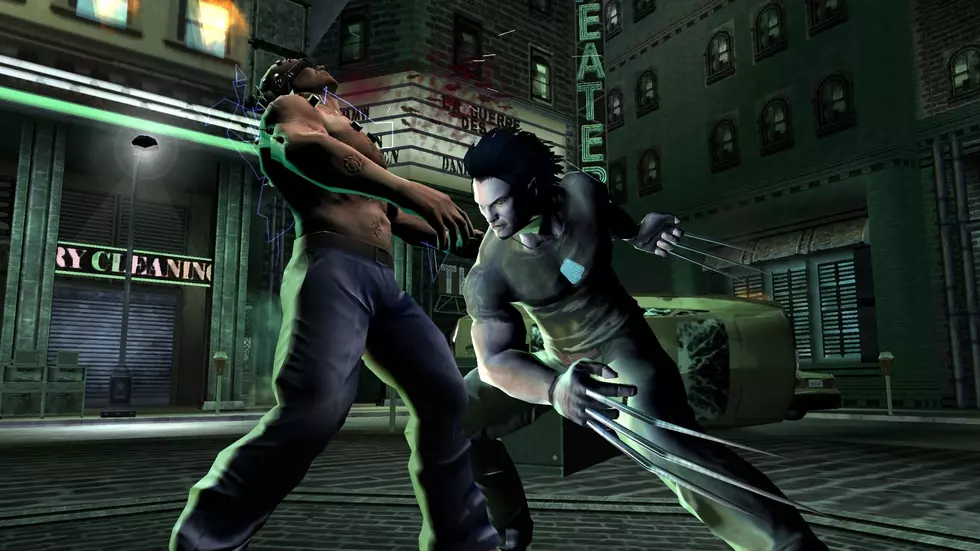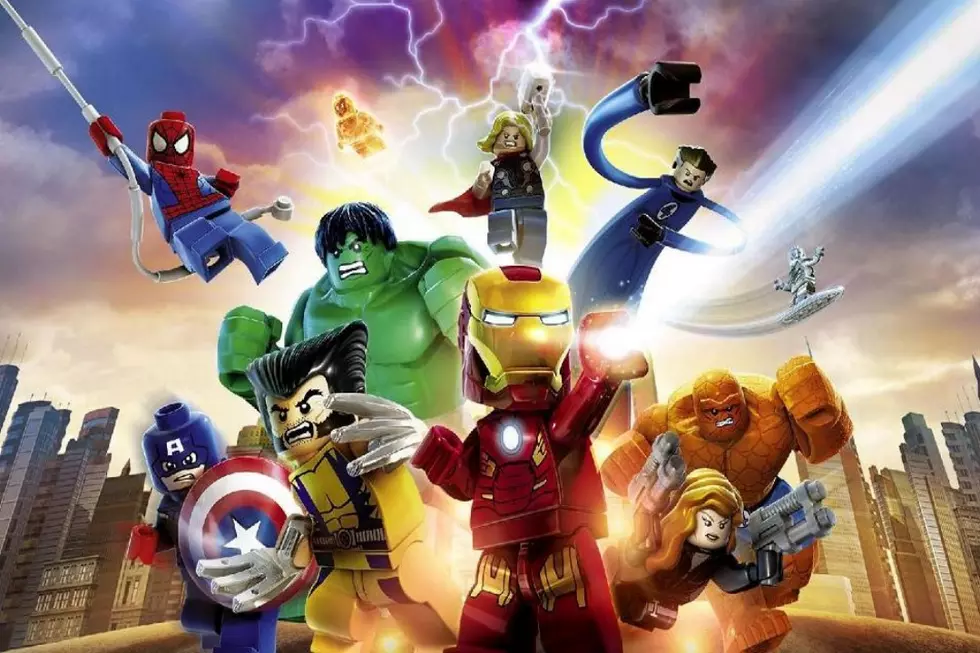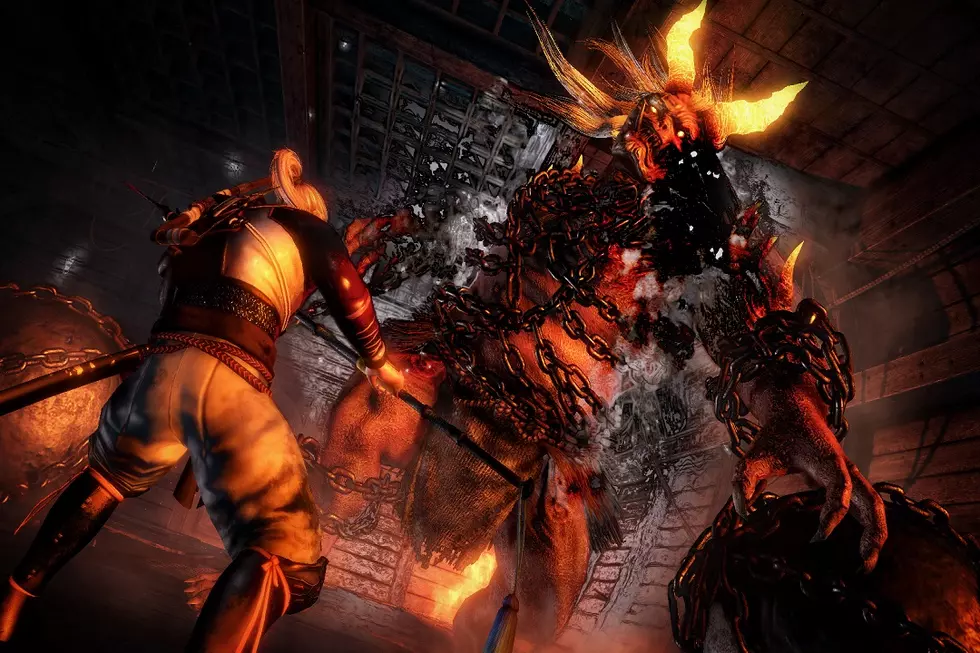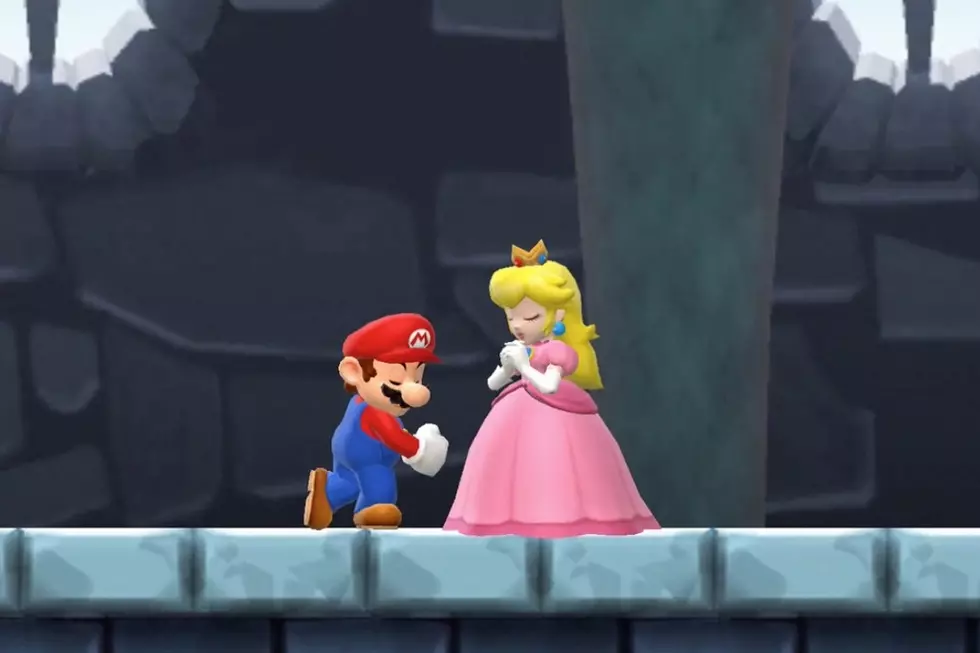
Five Games Hearthstone Fans Should Definitely Play
Hearthstone: Heroes of Warcraft is rapidly becoming one of the most popular digital trading card games (TCG) in recent years, and even newcomers to the genre have found themselves enthralled by the game’s simplistic mechanics and addictive collection aspect. What makes Hearthstone a good TCG is that it trims a lot of the fat that some recent TCGs have packed on. Typically a TCG is a tabletop game in which two opponents use pre-constructed decks consisting of creatures, monsters, spells and all variety of different cards to bring the opponents life counter or life points to zero. Some TCGs use Mana or turn-based resource system to facilitate strategy while others use more restricting rules and card costs to the same effect.
Hearthstone has taken only the most important aspects of TCGs such as a double-digit life counter, a balanced turn-based Mana system allowing both players have equal chances at success, and clear and concise card effects with rulings that are mostly automated. This gives it a very familiar feel to veterans and is comfortable for newcomers. There are other digital TCGs out there that capture the classic tabletop feel similarly to Hearthstone, with their own twists and unique mechanics. Here are the Five Games Hearthstone Fans Should Definitely Play.
Magic 2014: Duels of the Planeswalkers
PC, PSN, XBLA, iOS, AndroidWizards of the CoastWizards of the Coast Magic is the most popular trading card game of all time, and Hearthstone undoubtedly borrows from it, as most trading card games do. Originally created by Wizards of the Coast, Magic is the quintessential TCG and the digital version of the game has become quite popular in recent years. Magic’s mechanics and pacing are very similar to Hearthstone’s, one of the major differences being the Mana system. Hearthstone’s is turn-counter based, while Magic’s is determined more-or-less by the amount of land cards a player draws, which can be played once per turn. This means that the amount of Mana you have is based more on luck of the draw than a set number every single turn.
Magic is also slow-paced at times, similar to Hearthstone, with many varied deck types and strategies, offering lots of variety to players of all skill levels. Planeswalkers also add another level depth to gameplay. Planeswalkers in Magic are similar to the Heroes in Heartstone however, they are cards in the library that must be in a player’s hand to be cast, and aren’t active for the entire match. Planeswalkers also have more abilities than heroes and cannot attack, which makes them more utilitarian than a giant creature to beat your opponent with. Magic also makes use of a graveyard system and some decks even revolve around the graveyard, while Hearthstone has no graveyard at all. Magic players can easily see the borrowed mechanics in Hearthstone, and Hearthstone players will immediately see how the mechanics in Magic were simplified and streamlined. Magic is a must play TCG for fans and veterans of the genre alike, especially if they enjoy Hearthstone.
Yu-Gi-Oh 5D’s Decade Duels Plus
XBLA, PSNKonamiKonami The only game on this list originally created by an eastern company, Konami, Yu-Gi-Oh is one of the more popular trading card games these days, even though some will argue that the game is not as strategic as most TCGs and is too fast-paced for some play styles. Yu-Gi-Oh is the fastest paced game on this list, and some games are as short as one turn. This is partially due to it foregoing a Mana system, and instead going by individual card cost and effect. This means that the best cards in the game are cards that have no or very little cost. For example the card Dark Hole is a staple card in almost every deck since it lets you destroy all monsters on the field for free. There are many other cards like this, and because of that there are many staple cards across all decks, and some that are unique to certain decks. One major mechanical restriction is only being able to summon one monster per turn normally, although lots of monsters have abilities that allow multiple summons in a single turn. This makes for some very fast and interesting games, with some decks designed to get more done on an opponent’s turn than your own.
Similar to Secrets in Hearthstone, Trap cards are usually used to negate an opponent’s card or otherwise disrupt a play, however some traps can be used by the controlling player unless otherwise stated on the card. Yu-Gi-Oh also is unique in that there are multiple ways to win a game, depending on the type of deck being played. Players who enjoy the combo-based gameplay of Hearthstone, but would also enjoy a faster experience, would be right at home playing Yu-Gi-Oh Decade Duels Plus. Although, newcomers may have some difficulty adapting to such a vastly different system right off the bat. This is due to the complex nature of the game, different cards have different speeds and effect wordings, meaning that cards have very specific rulings in certain situations, and in seemingly identical situations have completely different rulings, thus combos are sometimes based on technicalities. Thus, the learning curve is much steeper for Yu-Gi-Oh, but with most effects and ruling being automated in the digital version, the rules and mechanics are less of a hassle to understand as they are laid out in front of the player. This game is recommended for players who want a more fast paced experience than what Hearthstone offers and are willing to learn the rules of a much less traditional TCG.
HEX: Shards of Fate
PCHex EntertainmentHex Entertainment Hex is currently being developed by Cryptozoic, and is a very unique card game in that it combines the mechanics and gameplay of a TCG with some MMO staples such as guilds, raids and an auction house, as well as a focus on community. HEX’s pacing during card battles is very close to Hearthstone’s, with a Mana system that combines Magic’s card and colored Mana system with Hearthstone’s turn threshold system. HEX also adds an active Champion to the mix, similar to a Planeswalker except it’s active from the beginning of the battle. The Champions in HEX are a mix between the Hearthstone Heroes and Planeswalkers in Magic in that they are always active and can be generic, or only fit with certain deck themes. They also have their own resource system to exhaust outside of the player’s Mana like a Planeswalker.
HEX doesn’t bring many new things to the table, but it does build on tried and true TCG mechanics, the main drawback being that the game is still in beta so some things may be subject to change. Some of the more traditional MMO mechanics, such as the auction house, raids, and grouping have yet to be fully implemented due to the beta status of the game, but the card battle gameplay is very polished so far. Hex also introduces some extraneous features like a trophy case and achievement list for individual cards, which can give individual cards in your collection more value, and are a welcome addition to traditional digital card games. Overall, HEX is looking like a great online TCG with mechanics that feel familiar to veterans and are easy to learn for newcomers.
Might & Magic: Duels of Champions
PC, iOS, AndroidUbisoftUbisoft Might & Magic is an online TCG, developed by Ubisoft, that has been gaining traction in recent months thanks to some unorthodox, yet simplistic, game mechanics. Battles take place on a horizontal battlefield, with your opponent on the right side of the field and you on the left, rather than the opponent being at the top of the screen and you on the bottom. The game has a similar turn-based Mana system just like Hearthstone, but adds a Hero to the mix, who acts as a deck master of sorts. Heroes add another level of depth to the gameplay and are more than just glorified life counters, as they grant buffs and abilities and a Might and Magic system.
The Might and Magic system works like another turn counter, and is a threshold for some cards as they require a certain amount of Might or Magic to be played. All Heroes have a Might, Magic and Destiny counter attached to them and once per turn, you can choose to increase one of those counters by one. This is a permanent threshold for the remainder of the match, and some cards require a hero’s Might to be at a certain number before they can be used, in addition to the Mana cost. For example a creature can cost two Mana to play, and require a three Might threshold. This means that if your Might is three or more you can play that creature and other creatures with a three Might cost or less, if you have enough Mana.
All of this might sound like a departure from a more traditional TCG, but in reality the only difference is the layout. The mechanics and gameplay will quickly feel comfortable to players new and old, regardless of which aspect of Hearthstone they enjoy the most. Might & Magic is recommended to players who a enjoy a solid, no-nonsense TCG that still has a balanced feel similar to Hearthstone.
Pokemon Trading Card Game Online
PCPokemon CompanyPokemon Company The Pokemon trading card game is infamous for being the card game that everyone collected but no one knew how to play. Originally developed by Wizards of the Coast, the same company that created Magic: the Gathering, the Pokemon card game has risen in popularity and become one of the biggest TCGs in the world. While the online version of the game isn’t revered much beyond its core fanbase, it is still a very solid game and is perfect for players who enjoy the slow, strategic nature of trading card games like Hearthstone and Magic.
The game uses an energy system, which acts like a Mana system in other TCGs, that applies to individual Pokemon and is used to pay attack costs, although they are not expended per attack. All other cards, such as Trainer cards (which have no limit on how many times they can be played per turn) and Supporter cards (which can only played once per turn) have no cost to play outside of their own individual costs. For example, a Supporter card can read “Draw two cards,” and a player simply draws two cards and pays no cost. Conversely, Trainer cards can read “discard a Pokemon from your hand and add an Energy card from your deck to your hand,” and a player would simply do what the card says and pay the cost of discarding a card to use the effect.
Pokemon is more slow-paced than the other games on this list, and because of that, players with knowledge of the game can pull out a victory even in the most dire situations. The game is also very transparent, as most plays and moves are clearly laid out for both players and cards and effects cannot be used on an opponent’s turn outside of continuous effects. Continuous effects sometimes work like Secrets in Hearthstone, however the opponent will know that using a certain card or attack will trigger Pokemon’s ability because all cards are face up in Pokemon. Just like in Hearthstone where Secrets are reserved for Paladin, Hunter and Mage decks, once the opponent knows which Pokemon you’re using they’ll know what they’re in for and what effects to look out for. Players both old and new who enjoy the slow and strategic nature of Hearthstone will definitely enjoy the Pokemon trading card game, which is one of the most balanced TCG’s in recent years.
More From Arcade Sushi



![PAX East 2017: Loot Rascals is a Turn-Based Saturday Morning Cartoon [Preview]](http://townsquare.media/site/550/files/2017/03/loot-rascals.jpg?w=980&q=75)





